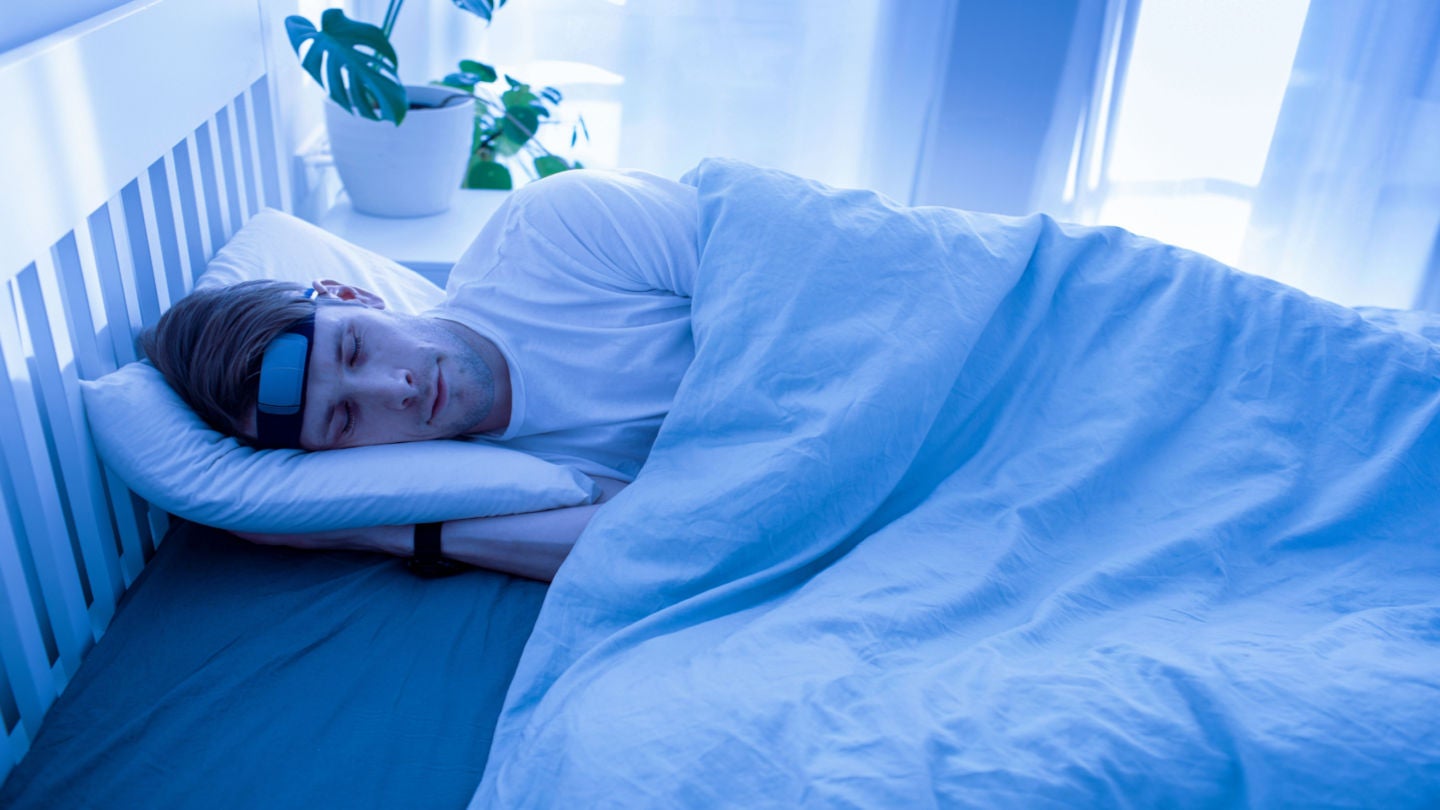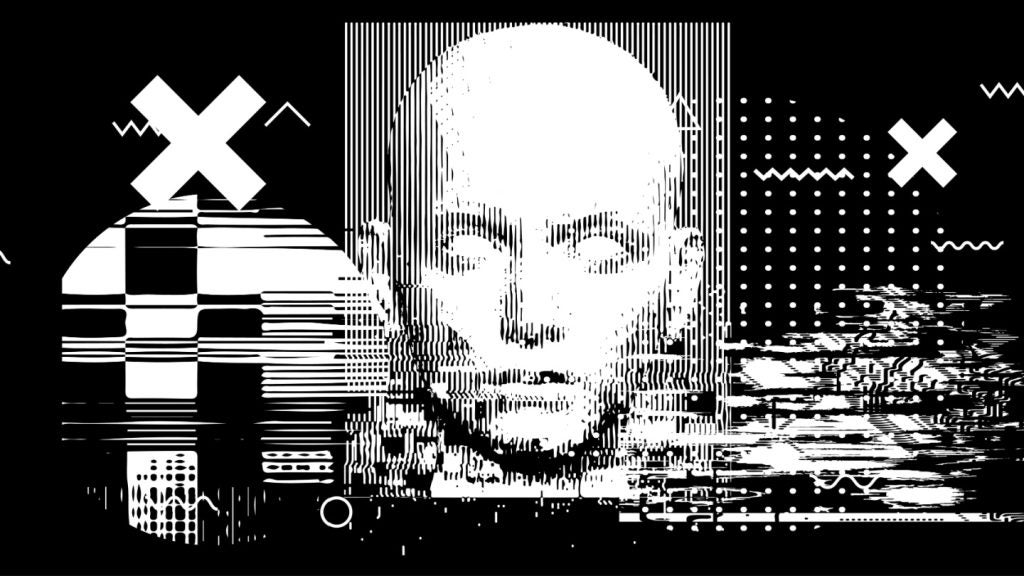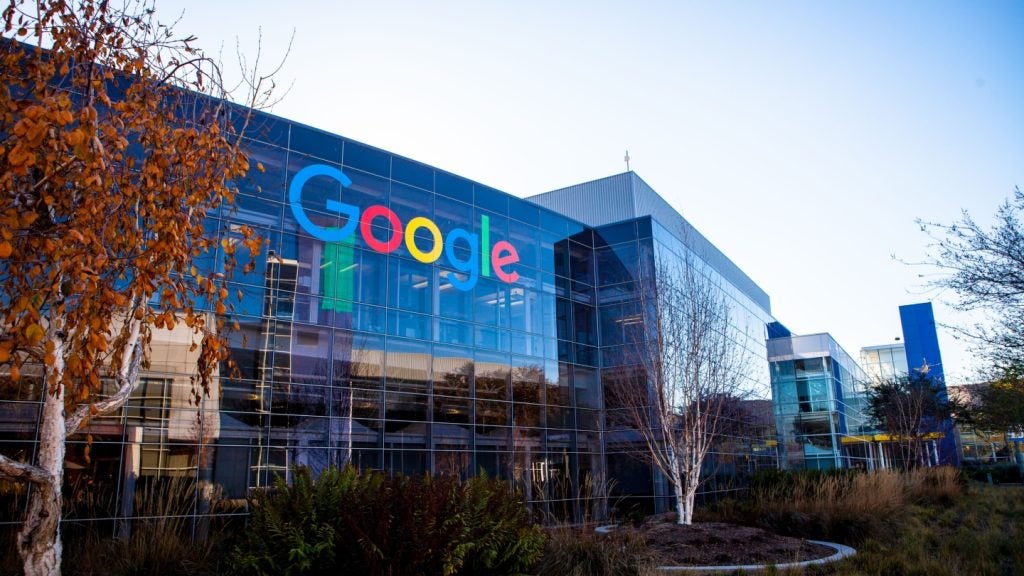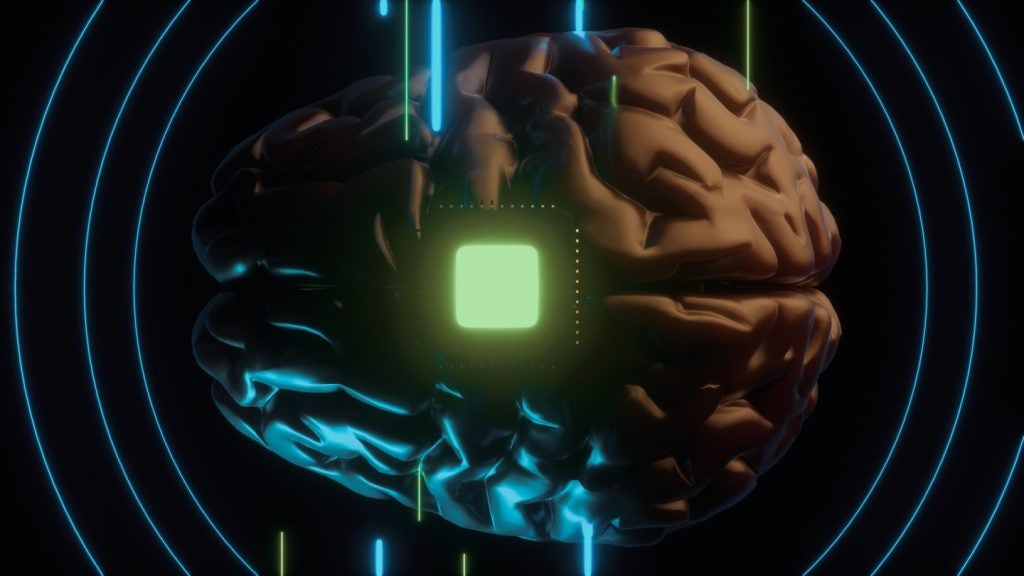
Technology is everywhere and has become an essential part of everyday life – including sleep. Carrying a mobile phone and being constantly reachable has become a societal norm, and this level of addiction to technology has even caused some people to experience withdrawal-like symptoms and anxiety when separated from their mobile. The negative impact of increased technology use on the quality and length of sleep is well known, however, the increasing prevalence of individuals reporting regular sleep complaints has caused a boom in the sleep tech industry. Currently available products entice consumers with claims of tracking a multitude of data including sleep duration, quality, phases, environmental factors, and lifestyle factors. Ironically, the trend is working—people are turning to technology for help with sleep.
Lots of trendy products have entered the market. Wearables from brands such as Fitbit, Whoop, and Apple measure movement and heart rate from the wrist. Whoop even suggests how much sleep is needed each night based on the previous night’s sleep. The Oura Ring is for those looking for a stylish, minimal piece of jewelry that can be worn constantly. Other products include mattress trackers, ‘nearable’ devices (placed on a bed or nightstand), and meditation apps (such as the popular app Headspace).
More screen, less sleep
Most people are guilty of bad screen habits around bedtime, from social media phone scrolling, or sending those late-night work emails in bed. These routines break the basics of sleep hygiene recommended for a good night’s sleep. A study by the National Sleep Foundation found that 90% of Americans are guilty of using their phones an hour before bed.
Electronic devices emit blue light, which interferes with sleep by suppressing the production of melatonin, a natural hormone released in the evening to make the body feel tired and ready for sleep. This block leads to over-stimulation of the brain, and alertness. The body sleeps through a cycle of four stages that occur in 90-minute bursts. For optimal sleep, the body needs around five of these cycles for the brain to successfully undergo its nightly housekeeping chores. Failure to achieve this can have significant impairment to brain functions, such as memory and decision-making. Sleep deprivation has also been linked to a long list of chronic health conditions, including Alzheimer’s disease and hypertension.
Is tracking sleep helpful?
Insomnia is the term for people who regularly have issues sleeping. Although most adults will experience this at some point in their life, usually from stress or a traumatic event, many people suffer from a chronic version. For these individuals, new technologies that promise better sleep may be an obvious thing to try.
Wearables can be helpful, allowing individuals to become aware of their sleep patterns and look at their specific sleep trends and routines. This use of behavioural data can be beneficial for individuals to adopt better sleeping habits. Increased knowledge of an individual’s sleep routines can also be advantageous for cognitive behavioural therapy (CBT), a proven treatment path for insomnia sufferers. Even for individuals without insomnia, greater awareness of sleep patterns can help them improve their nightly routines.
How well do you really know your competitors?
Access the most comprehensive Company Profiles on the market, powered by GlobalData. Save hours of research. Gain competitive edge.

Thank you!
Your download email will arrive shortly
Not ready to buy yet? Download a free sample
We are confident about the unique quality of our Company Profiles. However, we want you to make the most beneficial decision for your business, so we offer a free sample that you can download by submitting the below form
By GlobalDataSleep tech – driving obsession?
However, there is still a lack of data regarding the accuracy, reliability, and validity of many sleep technologies on the market. Daily tracking can have unintended effects, such as over-reliance, obsession with statistics, and modified moods. For example, an individual may feel energized, even though their wearable may state a terrible night’s sleep occurred, causing subconscious tired and lethargic emotions. Obsession with perfecting a night’s sleep has now been termed ‘orthosomnia’, which can induce worse sleep and anxiety.
Growing consumer interest in health and wellness provides an opportunity for sleep tech over the coming years, as people look to improve all aspects of their daily routines. However, users must be vigilant not to become obsessive over the complex data and statistics that these technologies produce. Improving other habits such as diet and physical activity, addressing related issues such as caffeine and alcohol consumption, and avoiding screens for two hours before bed, as well as dim lighting, may do the trick. As a result, many may find they do not really need sleep tech after all.








Related Company Profiles
Apple Inc
Fitbit Inc
Whoop Inc